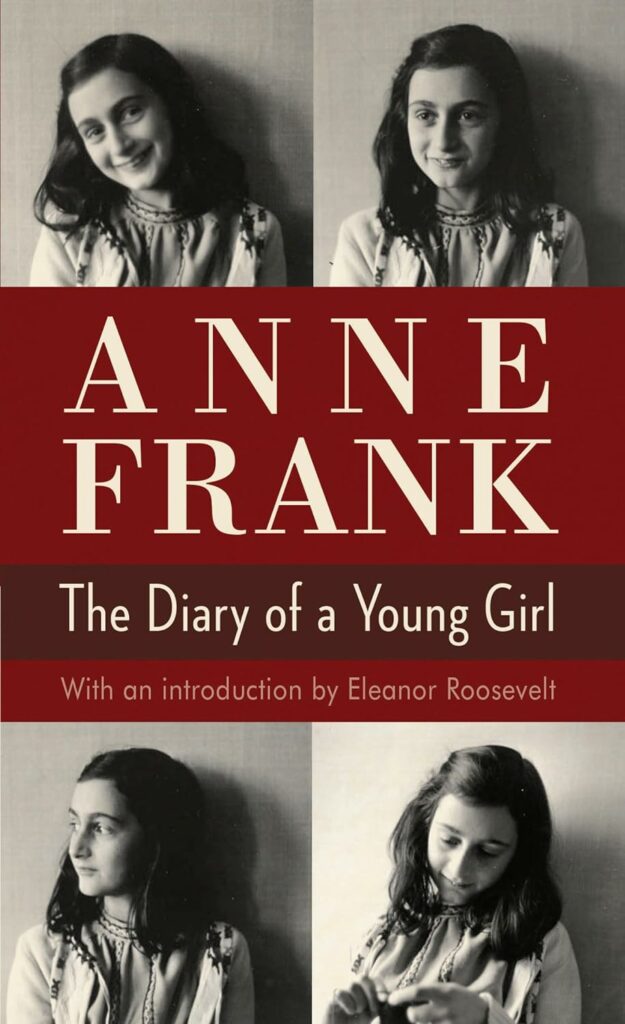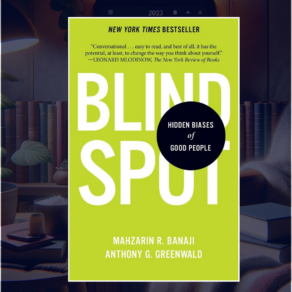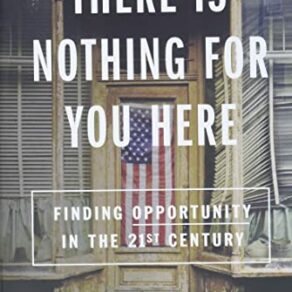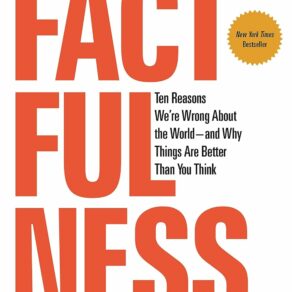I have something special for fans of historical non-fiction and poignant wartime narratives: “Anne Frank: The Diary of a Young Girl.” The purpose of this post is to familiarize you with this deeply moving account without spoiling the unique experience of reading Anne’s own words.
My discussion will focus on two main parts: firstly, a summary of the diary, capturing the essence of Anne’s life in hiding during one of the darkest periods of human history, and then, a curated set of book club questions designed to provoke thoughtful discussion and deeper understanding of the text.
Related: Best Anne Frank Quotes
Anne Frank Diary Summary
“Anne Frank: The Diary of a Young Girl” is the personal diary of Anne Frank, a young Jewish girl, chronicling her life from June 1942 until August 1944. During this period, Anne, her family, and four others are hiding from the Nazis in the occupied Netherlands. The diary begins with Anne’s thoughts and feelings about her 13th birthday, shortly before they go into hiding in the secret annexe of her father’s office building in Amsterdam.
As the days turn into months and then years, Anne’s diary entries detail the daily life of the eight people in hiding. They face challenges such as the scarcity of food, the constant fear of discovery, and the strain of living in such close quarters without privacy.
Photograph: Amazon
Despite these hardships, Anne’s diary is filled with insights, humor, and the growing pains of a young girl on the cusp of adulthood. She writes about her relationships with her family, particularly her strained relationship with her mother, her close bond with her father, and the budding love she feels for Peter Van Pels, another teenager in hiding with them.
Anne’s writing also reflects her keen observations and deep reflections on human nature, the cruelty of war, and her hopes and dreams for the future. She aspires to become a writer or journalist, longing for freedom and the chance to live her life fully. Her diary entries reveal a depth of insight and emotional intelligence far beyond her years.
Tragically, the group’s hiding place is discovered in August 1944, leading to their arrest and deportation to Nazi concentration camps. Anne’s father, Otto Frank, is the only one to survive. After the war, he returns to Amsterdam and discovers Anne’s diary, which she had hoped to publish after the war. Moved by her words, he fulfills her wish, and “Anne Frank: The Diary of a Young Girl” is published. It has since become one of the most important and moving accounts of life during the Holocaust, offering a powerful testament to the indomitable human spirit in the face of unimaginable adversity.
Anne Frank Diary Discussion Questions
Here are some questions that could foster engaging and reflective conversations:
- Historical Context: How does Anne Frank’s diary change your understanding or perception of World War II and the Holocaust? Discuss the impact of reading a personal narrative versus learning historical facts through textbooks.
- Anne’s Growth: Anne Frank evolves both intellectually and emotionally throughout her diary. Can you identify specific entries that showcase significant moments of growth or change in her character?
- Themes of Hope and Despair: Throughout her diary, Anne oscillates between hope and despair. Discuss instances where Anne expresses optimism about the future despite her circumstances. How does this contrast with moments of despair or fear?
- Human Nature: Anne often writes about her observations and thoughts on human nature. What insights does she offer? Do you agree with her perspectives? How do her insights contribute to the diary’s universal appeal?
- Isolation and Confinement: Discuss how the themes of isolation and confinement are explored in the diary. How do the inhabitants of the Secret Annexe cope with their circumstances? What does the diary reveal about the human need for connection and community?
- Anne’s Writing: Anne aspired to be a writer. Discuss the quality of her writing and storytelling. What makes her diary so compelling? How does her narrative style change over time?
- Ethical Dilemmas and Moral Choices: The story of Anne Frank and her family highlights several ethical dilemmas and moral choices faced by individuals during the Holocaust. Discuss these themes and how they are represented in the diary.
- The Role of the Diary: Anne treats her diary as a confidant and friend, which she names “Kitty.” How does this relationship with her diary help Anne cope with her situation? Discuss the psychological importance of the diary to Anne.
- Legacy and Memory: After reading the diary, discuss the impact Anne Frank’s story has had on the world. Why do you think her diary has become such an essential part of Holocaust literature and education?
- Reflection on Today: Considering the world today, what lessons can be learned from Anne Frank’s diary? Are there contemporary situations where people might feel as Anne did? How does her story inspire us to act or view the world differently?
Related: Man’s Search for Meaning Summary
Final thoughts
I hope you’ve found this short review of “Anne Frank: The Diary of a Young Girl” both enlightening and moving. This diary goes beyond being a mere historical document; it is a testament to the enduring strength of the human spirit in the face of unimaginable adversity. Anne’s words serve as a reminder of the horrors of war, but also of the hope, love, and beauty that can persist even in the darkest times.
Thank you for joining me in revisiting one of the most influential books of the 20th century. I hope it has sparked a renewed appreciation for Anne Frank’s incredible legacy and a deeper understanding of the diary’s impact on our collective memory of World War II.








